 “It takes as much energy to wish as it does to plan.” -Eleanor Roosevelt
“It takes as much energy to wish as it does to plan.” -Eleanor Roosevelt When it comes to home improvement, it is all too easy to slip away from planning and fall into daydreaming and wishing. Wishing will only get you so far though. What will actually lead to productive change, is taking the necessary steps to start and complete a project.
Budgets are simple concepts that can become overwhelmingly complicated if they aren’t given enough thought and adhered to with enough discipline. Some people are naturally good with money, others need to work at it.
Here are five tips to help you budget for home improvements:
1.) Name Your Price and then Commit
The basic principle of a budget is to assess how much money is coming in so you can determine how much you can afford to spend. As you do this, accept the number you come up with. If you come up with a budget, stick to it. Don’t view your budget as a guideline because that is a sure way to constantly finish projects over budget.2.) Identify Sacrifices
Life is about tradeoffs. Trying to find something you like at an affordable price forces you to make tough decisions. If you want a project done within a certain price, then you have to be willing to explore options outside of your top choices. Savings can often be found by putting in a little leg work. Doing your own demolition, buying the work supplies, or compromising on lesser features are all ways to save a few dollars in the process. The difficulty comes not so much in making these sacrifices, but in accepting that we need to sacrifice in the first place. Knowing that sacrifices are a necessary part of the process can help you think about terms of the project more fluidly and cut anything extraneous.3.) Don’t Wait for Projects to become Necessity
The best way to prepare for anything is to allocate money to its improvement before it becomes mandatory that you do so. By taking a steady percentage or amount of your paycheck every week and dedicating it to future home improvement projects, you will have financial resources when things break down or you need to make an improvement. Even if the amount of money you saved isn’t enough to complete the whole project, you’ll be better positioned to handle the situation. You will also have a better idea of where to set your budget based off of your current lifestyle.4.) Don’t Forget the Reason You’re Budgeting
Remembering the purpose behind your budget and the specific goal you’re trying to achieve will make it easier to successfully have your projects finish in your desired price range. On a basic level, you want to spend less than you make so you have financial flexibility to do the things you want in life. During home improvement projects, you’re budgeting to improve the quality of your home without sacrificing your future. Remembering the reason behind your budget and knowing that the budget you arrived at is a purposeful number, not just an arbitrary cap, will help give you the determination to stick to it.5.) Build in 10%-20% of Your Budget for Surprises
Every budget should take the unexpected into account. The amount of money you devote to unforeseen costs should depend on the project’s level of ambition. For example, if you’re doing a kitchen remodel, you’ll want a larger portion of your budget to be held onto for the problems that arise. If you’re repainting your bedrooms, you can be fairly confident that nothing is going to financially blindside you. Planning for surprises will make them less stressful when they occur and help you still finish under budget.Budgeting for home improvement projects is all about preparation. Using these five tips will help your planning process and make your projects easier to accomplish on your own terms.
Subscribe to Legacy Remodeling's Blog





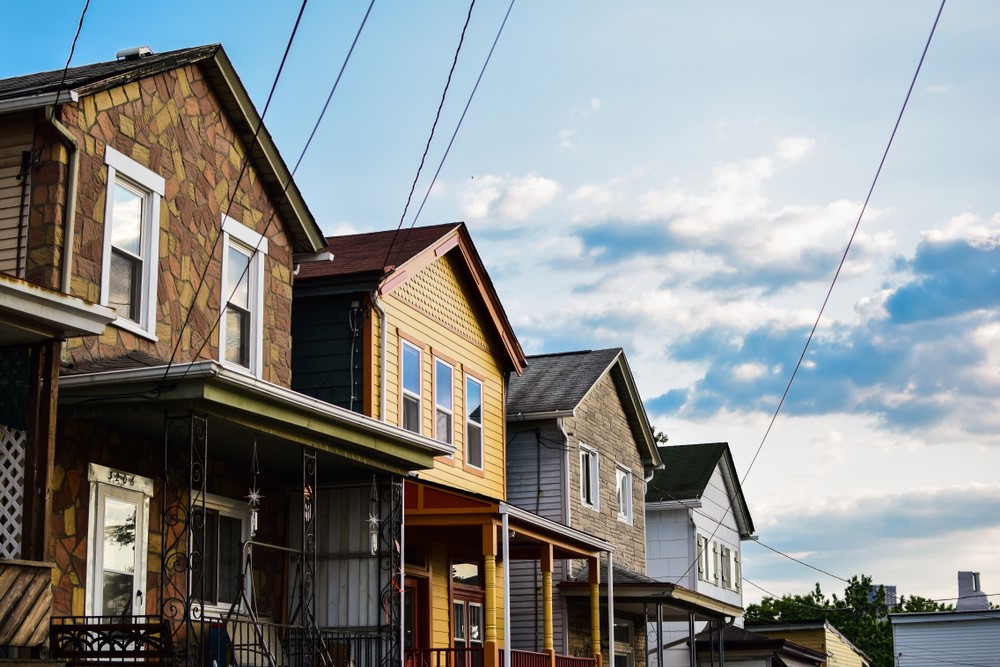
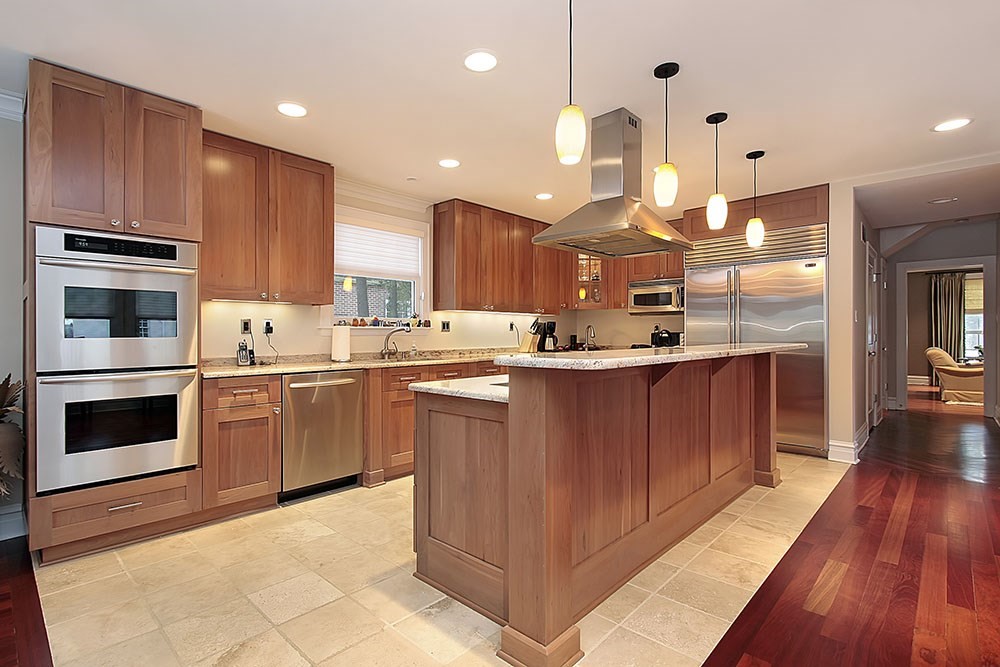
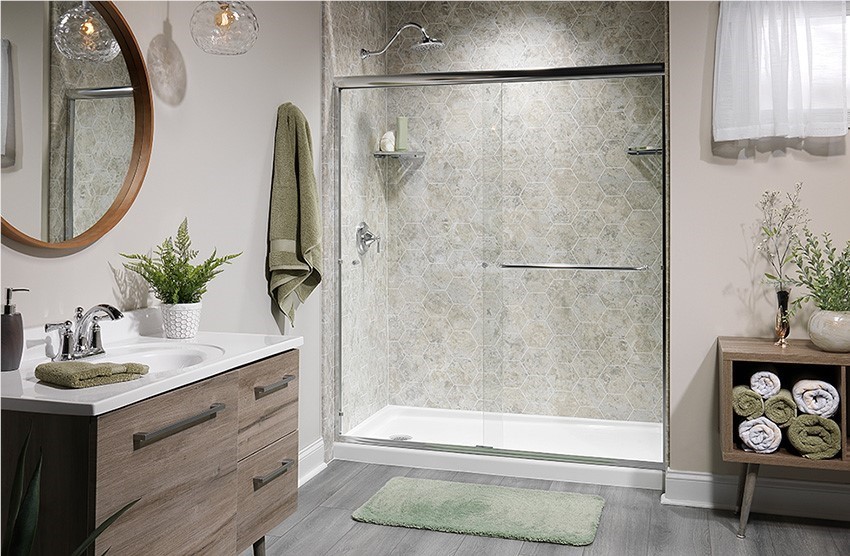
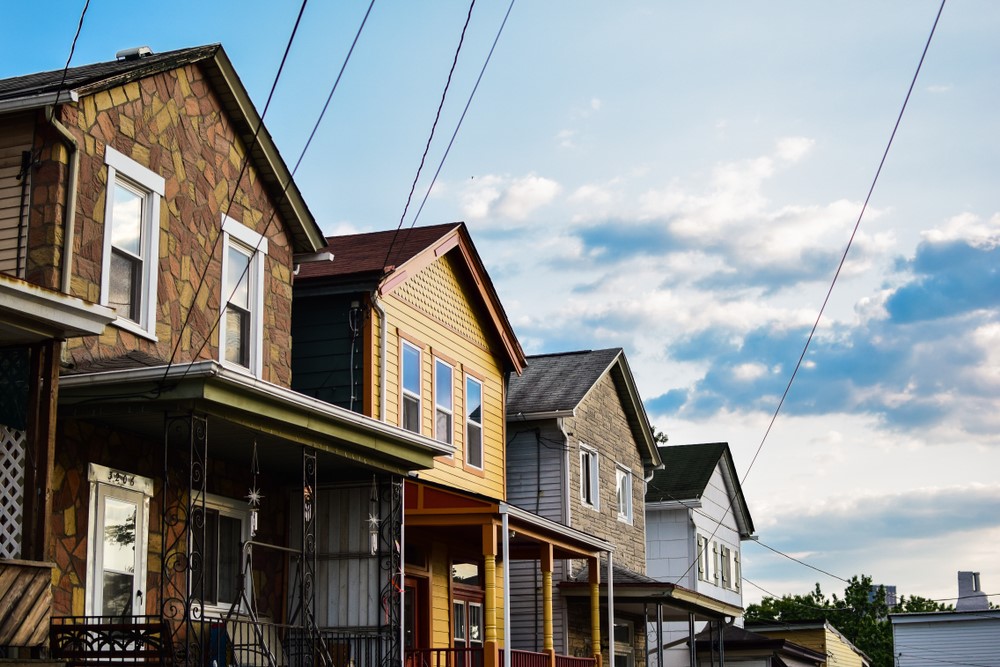
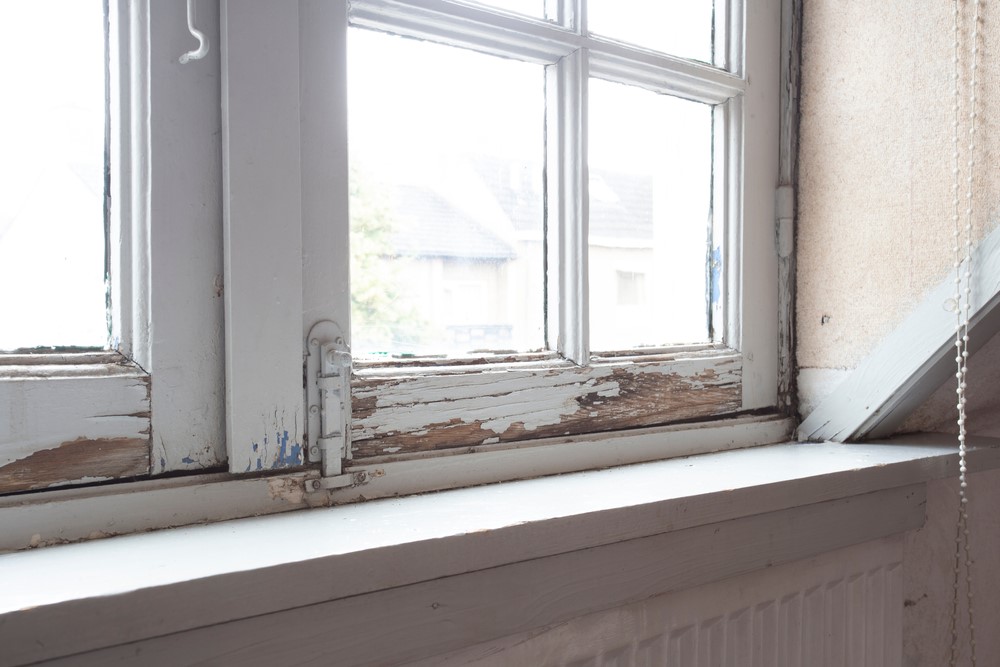

Comments